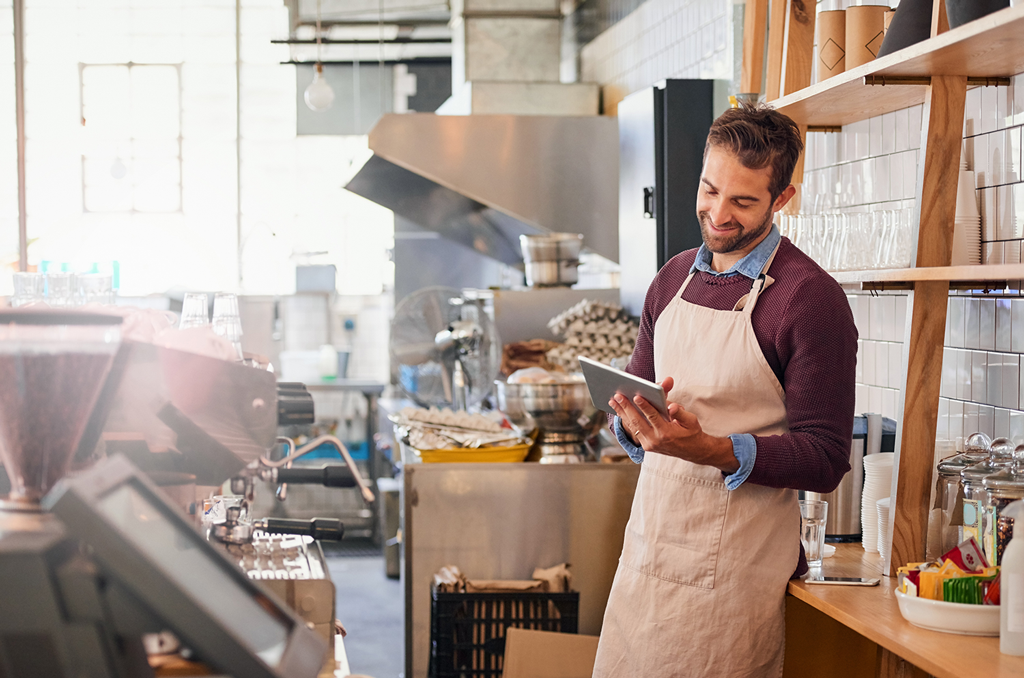
Eco-Friendly Entrepreneurs: The Rise of Sustainable Food Business Innovations
- foodfightadmin
- January 1, 2024
- Climate Change, Events, Global Hunger
- adlps, ads pages
- 0 Comments
In a historic first, the U.N. Climate Change Conference (COP) dedicated an entire day to food and agriculture. This move, marking a significant shift in the event’s 28 year history, brought together decision makers from over 200 national governments to formulate strategies against the climate crisis.
UAE Minister for Climate and the Environment, Mariam Almheiri, made a bold statement earlier this year, affirming, “We will make sure that COP28 will be a game-changer for food systems.” This commitment was echoed by more than 150 countries signing the COP28 Declaration on Resilient Food Systems, Sustainable Agriculture, and Climate Action, a groundbreaking initiative signaling a global shift towards transforming food systems.
While these national commitments are crucial, the private sector’s role in climate action is equally vital. Food companies and retailers, in collaboration with various food systems stakeholders, have the capacity to leverage their resources, innovation, expertise, and capital. Already, industry leaders are showcasing their potential to make a significant impact. Hilton, in partnership with food technology company Winnow and the U.N. Environment Programme West Asia, achieved a 61-percent reduction in food waste across three major hotels in the Middle East during Ramadan. In another notable collaboration, DoorDash announced a partnership with 18 U.S. mayors last year to combat food insecurity by supporting local food banks and community organizations.
Companies globally are setting ambitious targets. Aleph Farms in Israel and Sipsmith in the United Kingdom aim to become carbon neutral by 2030. Patagonia Provisions launched a new brewery partnership program for producing beer from the climate-friendly grain, kernza. Similarly, Numi Organic Tea has adopted fully compostable, plant-based tea wrappers to eliminate plastic waste. These small and medium-sized enterprises (SMEs) are not only pioneering new technologies and best practices but also creating a significant positive impact on people and the planet.
However, SMEs often find themselves outside crucial conversations like the COP. To address this, Oatly recently hosted a closed-door event, giving a platform to small and medium-sized, mission-driven food companies contributing to food system transformation.
Key takeaways include the need for more equitable power and leadership in the food system as well as the necessity for more participatory models of food system transformation. Companies must adopt a farmer – led approach, committing to research and development alongside farmers, partnerships that benefit both parties.
The development of sustainable packaging options at scale was a critical point of discussion. The plastic industry, accounting for more greenhouse gas emissions than the global aviation sector, requires solutions beyond recycling, focusing on the entire lifecycle of plastic. Innovations using natural materials like processing residues, algae, and mycelium to produce plastic alternatives were discussed as promising avenues.
Overall, the private sector is encouraged to view sustainable outcomes as a spectrum rather than a binary choice. Leaders are advised to avoid letting perfection hinder progress and find ways for incremental improvements year over year.








